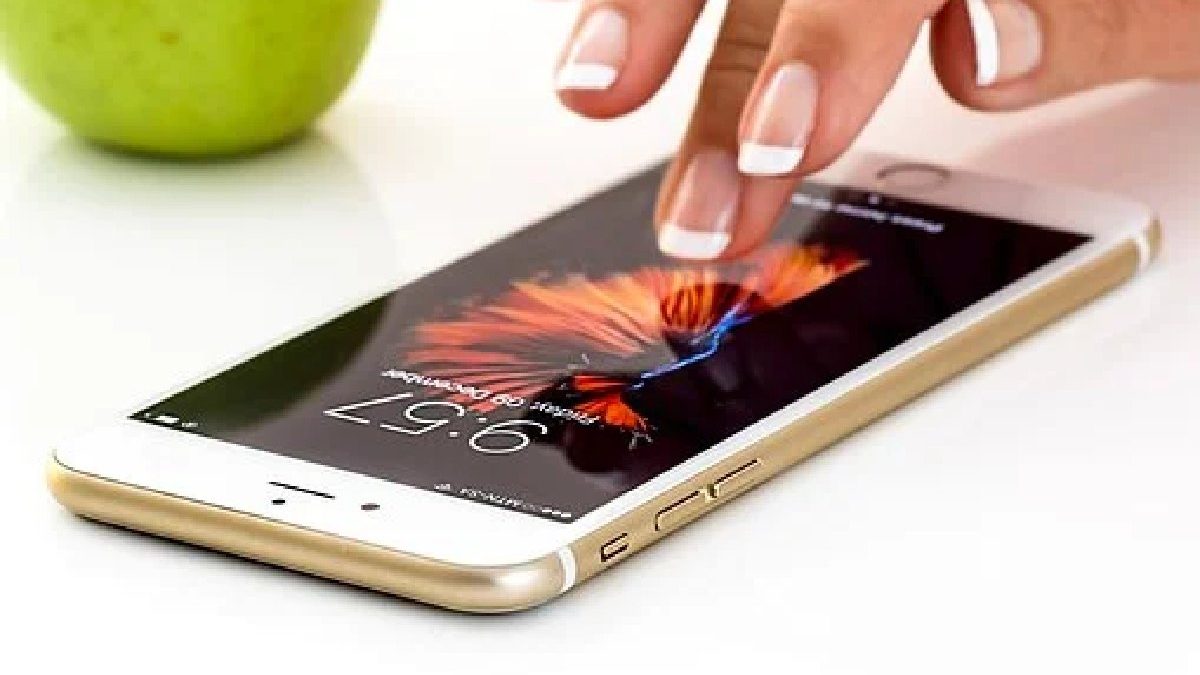Technology that lets communication among dual devices that did not connect by cables. As it is built on transmitting and receiving messages or signals using electromagnetic waves. Mobile technology is changing the world faster and more deeply than any other innovation. In emerging markets, the acceptance rate and impact on local communities are too important to ignore.
In Kolhapur, India’s lucrative textile industry business hub, a local agent uses mobile technology to increase efficiency and maintain a competitive position. Nikhil Gadhia enters a grocer’s order – three bales of cotton – into his mobile phone and hits “send.” You then receive a text message from the manufacturer confirming that your order is ready. In addition to reducing paperwork and paperwork, the latter increases the efficiency of the entire sales, distribution, and order management process. This user-friendly software makes statements faster and more dependable. While this is just the beginning, it discloses the potential technology has for those working across the spectrum of the creative industries.
Most of us take the usefulness of the mobile phone for granted, but mobile devices and services can transform the lives of billions of people. A recent study reported that adding ten mobile phones for every 100 people in a typical developing country increases economic growth in gross domestic product, at the rate of 0.8 percentage points per capita. In emerging countries, mobile technology uses in more powerful ways than in the developed world. The first Internet experience, whether on a mobile phone or services like mobile email, has some of the highest acceptance rates in developing countries.
Adaptation To Challenges
Providing consumers with relevant and localized services is critical, but it must also be reasonable. The total cost of mobile devices and services is still too high in many markets and is the most significant barrier to uptake. To reach emerging markets and drive uptake of mobile communications, services must be accessible, relevant, and reasonably priced. Therefore, the key to improving access in emerging markets is to lower the price of devices and other costs associated with mobile telephony.
Likewise, telecommunications companies must assume that each market is different. As in the developed world, in developing countries, each call is unique. Its ethics and environment rule each country. Therefore, it is essential to understand that a single approach to the offer of services and technology does not fit all markets. Hence the urgent need to work with each one to find relevant solutions. Whether it’s offering long-lasting, portable battery-powered mobile devices in regions where electricity is scarce or using materials that are resistant to the rigors of weather and long distances, innovation and adaptability are a must.
Business Solutions Beyond Voice
New mobile technologies such as mobile phone-based data services, agricultural and business advisory. Healthcare, and money transfer have enormous economic and economic benefits in emerging countries. Research by the Nokia Research Center reveals that in Africa, most micro-entrepreneurs. Those with no more than five employees – consider the mobile phone to be vital to their business. Micro entrepreneurs use mobile phones a lot in their work. Mobile telephony plays a crucial role in obtaining business contracts, provides access to users. It contributes to improving productivity, or provides essential information to entrepreneurs. Simply by using the telephone to communicate with customers and suppliers.
There is a rising interest in services that go beyond voice communication and text messages in the developing world. In emerging countries, email by phone gives users a digital identity for the first time. But mobile email isn’t the only service that could make a significant impact. The opportunity offered by mobile financial services is enormous in countries. Where users do not have a bank account, and the ownership of mobile phones exceeds the use of those accounts.
Mobile financial services, such as Nokia Money, recently announced, offer the ability to make payments. And essential financial management from the mobile phone. These services designs to meet all user needs without having a bank account. Pay bills and send money to family and friends. Thanks to quick and easy access from a mobile device. Mobile money is in a position to offer financial services to billions of people throughout the developing world.

